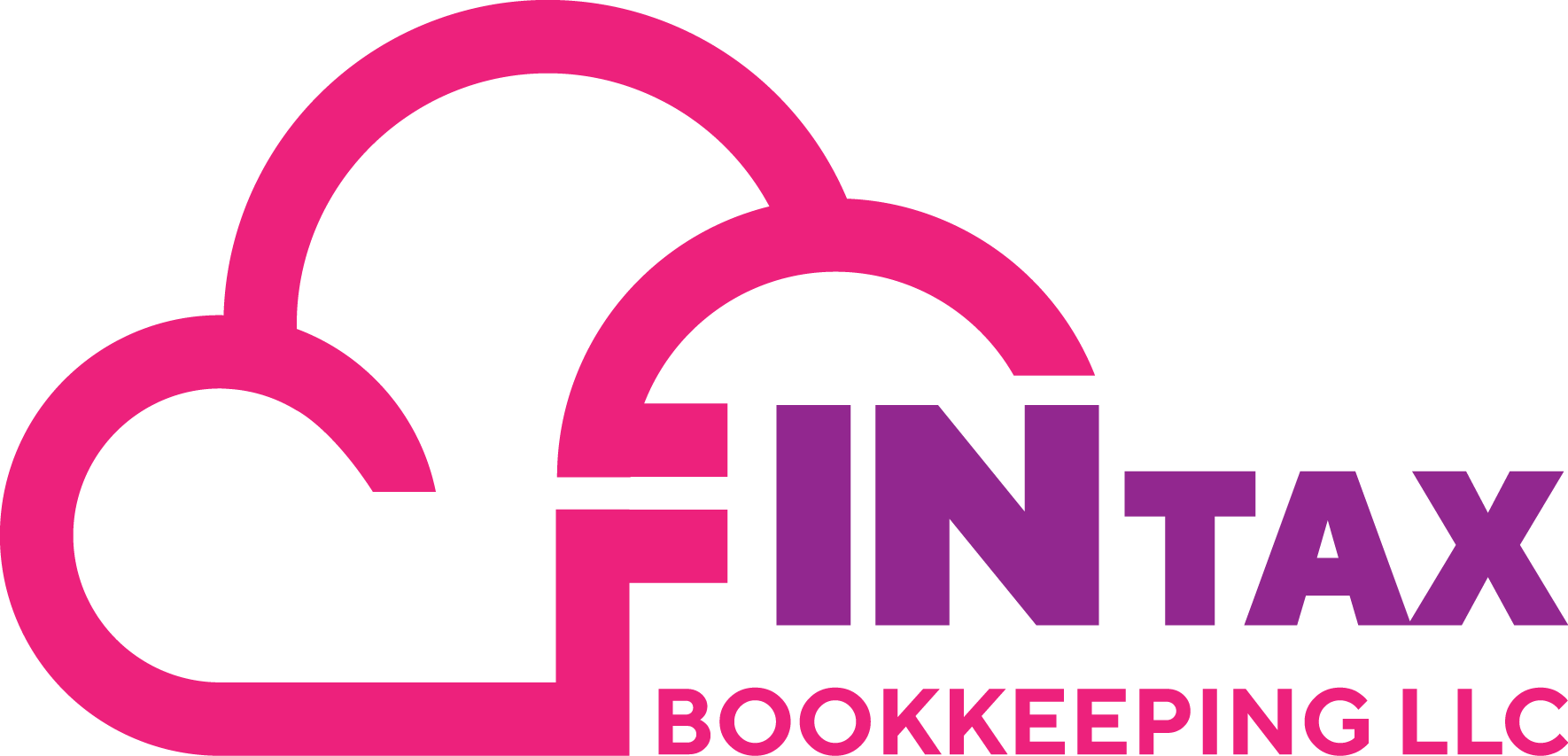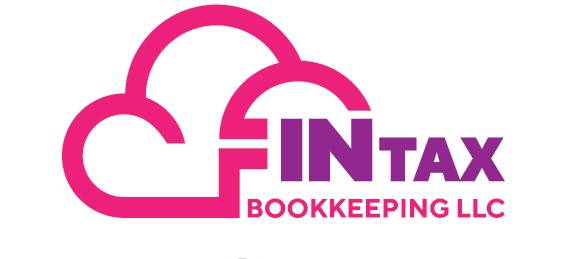Professional Tax Guidance for Small and Medium Business Owners Across India and the USA
Navigating the complexities of tax regulations is a significant undertaking for small and medium enterprise (SME) owners operating within India and the USA. With both nations offering distinct tax environments, SMEs should employ strategic planning to minimize liabilities and remain compliant. Below, we provide a dual-nation perspective on top tax strategies that can benefit business owners.
- Top tax tips for SMEs in india :
- Organized Record-Keeping: Systematically maintaining financial records is critical. Utilize accounting software for accurate tracking and to support deductions.
- Professional Tax Preparation: Engage with CPAs or enrolled agents for expert tax return preparation and planning advice.
- Advance Tax Contributions: Regularly deposit advance taxes according to IRS and Indian legislation to eschew penalties.
- Travel & Home Office Deductions: Deduct legitimate business-related travel and home office expenses to lower taxable income.
- Marketing Expenditure: Allocate funds towards marketing and advertising as these are fully deductible investments.
- Family Employment: Employing relatives can be tax-efficient, offering deductible compensation for their services.
- TDS Management: Diligently deduct TDS as mandated, minimizing your tax burden while ensuring law adherence.
- Tax Treaty Benefits: Leverage India-USA tax treaties to prevent double taxation and optimize tax credit utilization.
- Business Structure Implications: Reflect on your business structure and opt for one that offers the best tax position for your needs.
- Proactive Tax Planning: Regularly update yourself on tax guidelines and seek out tax-saving opportunities.
- Top Tax Tips for SMEs in the USA :
- Accurate Bookkeeping: Implement robust bookkeeping practices for a solid base for tax deductions and compliance.
- Tax Professional Services: Utilize tax professionals to navigate complex situations, ensuring optimal tax results.
- Estimated Tax Payments: Make estimated tax payments to prevent end-of-year tax shocks and penalties.
- Expense Deductions: Maximize deductions for business costs, including travel and office space.
- Invest in Advertising: Remember that promotional costs are investments that reduce your taxable income.
- Family Payrolls: Hiring family members can be beneficial, provided remunerations are justifiable.
- Double Taxation Awareness: Use treaties to claim foreign tax credits or exemptions where applicable.
- Consider Entity Type: Choose an entity type that aligns with your tax optimization strategies.
- Engage in Regular Reviews: Adapt to tax law changes and seek strategies to minimize taxes.
- Forward-thinking: Apply sound planning and strategy reviews to stay ahead in tax savings.
Comparative Tax Strategy Table:
| Tax Tips in India | Tax Tips in the USA |
| 1. Ensure accurate and timely adherence to GST norms. | 1. Evaluate the impact of your business structure on tax liabilities. |
| 2. Meticulously document all transactions and financial details. | 2. Maximize business expense deductions with diligent record-keeping. |
| 3. Harness permitted deductions such as business expenses and depreciation. | 3. Explore tax credits associated with employee benefits and wellness programs. |
| 4. Regular tax planning with professionals to remain on top of incentives. | 4. Make use of Section 179 to deduct expenses immediately. |
| 5. Stay current with TDS obligations to fend off penalties. | 5. Keep informed about tax law amendments to safeguard against compliance issues. |
| 6. Invest in innovation while benefiting from R&D incentives. | 6. Plan for the future with retirement contributions and enjoy tax advantages. |
| 7. Digitalize your tax processes for efficiency and accuracy. | 7. Claim tax credits for research and development if applicable. |
| 8. Remain vigilant to law changes and updates from tax authorities. | 8. Utilize home office deductions if operating a home-based business. |
| 9. Consider hiring tax professionals to avoid missteps. | 9. File taxes punctually to elude penalties. |
| 10. Proactively manage tax savings methods with expert guidance. | 10. Regularly consult with a tax advisor to ensure wise tax management. |
Conclusion: For business owners in India, a keen understanding of GST provisions, R&D tax credits, and TDS regulations are imperative. In contrast, for those in the USA, selecting the appropriate business structure, capitalizing on deductions, and maintaining currency with tax regulations are central to tax effectiveness. The engagement with skilled tax professionals comes highly recommended in both geographical domains, ensuring compliance and optimizing tax savings.


